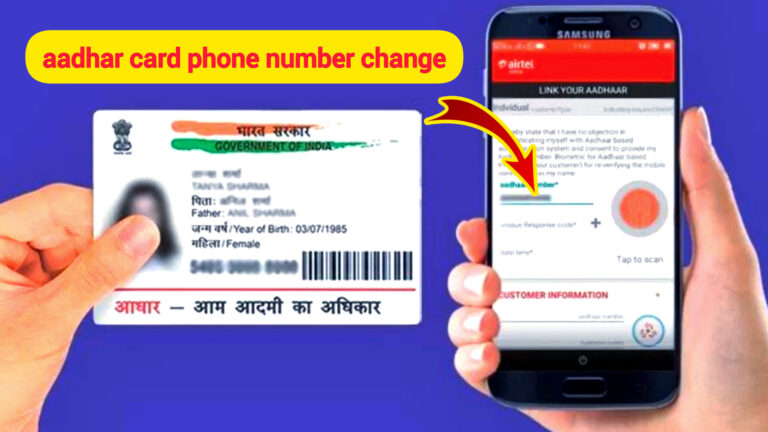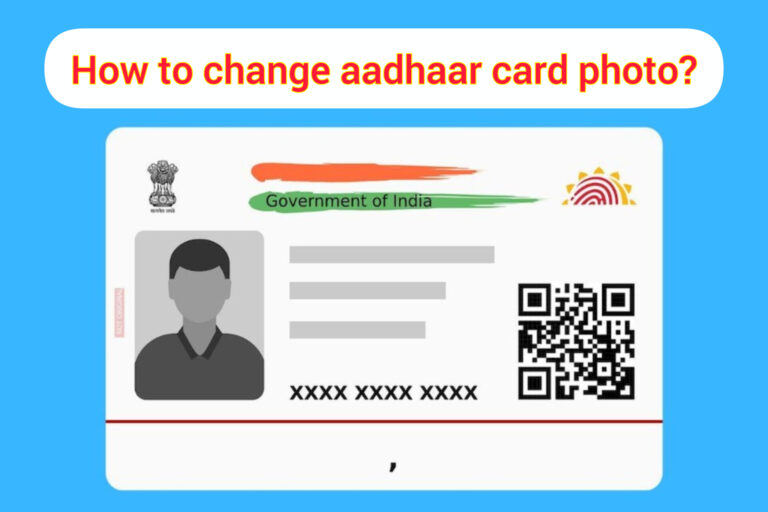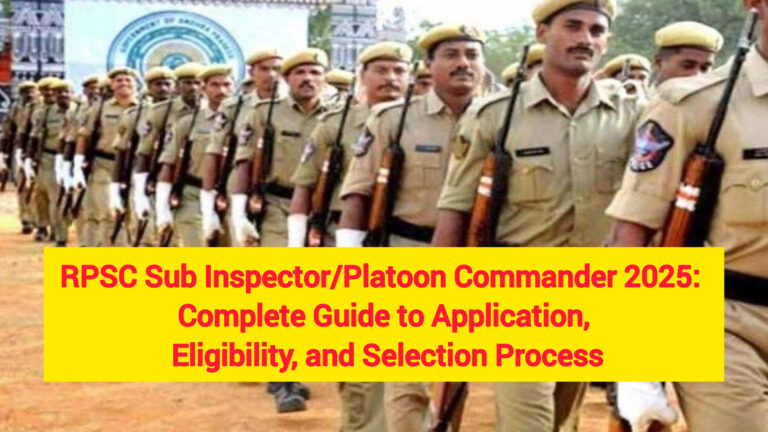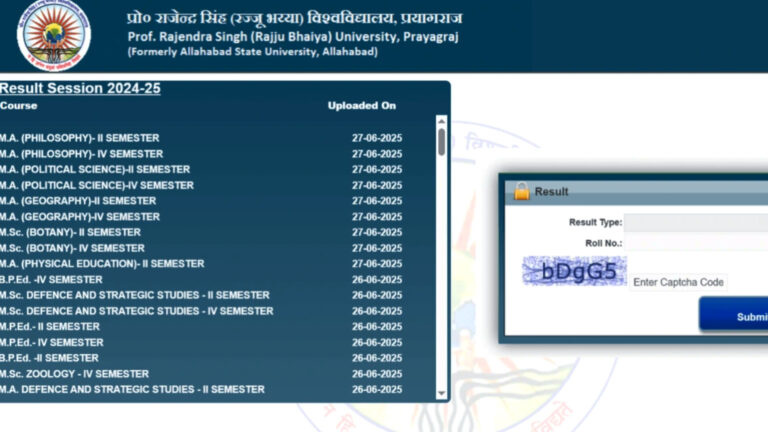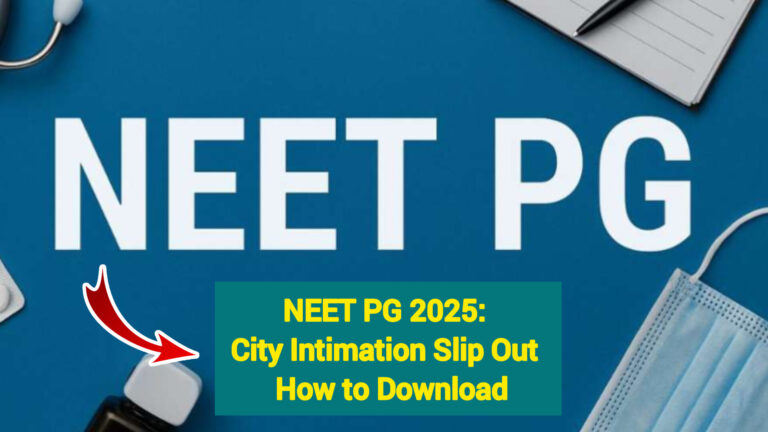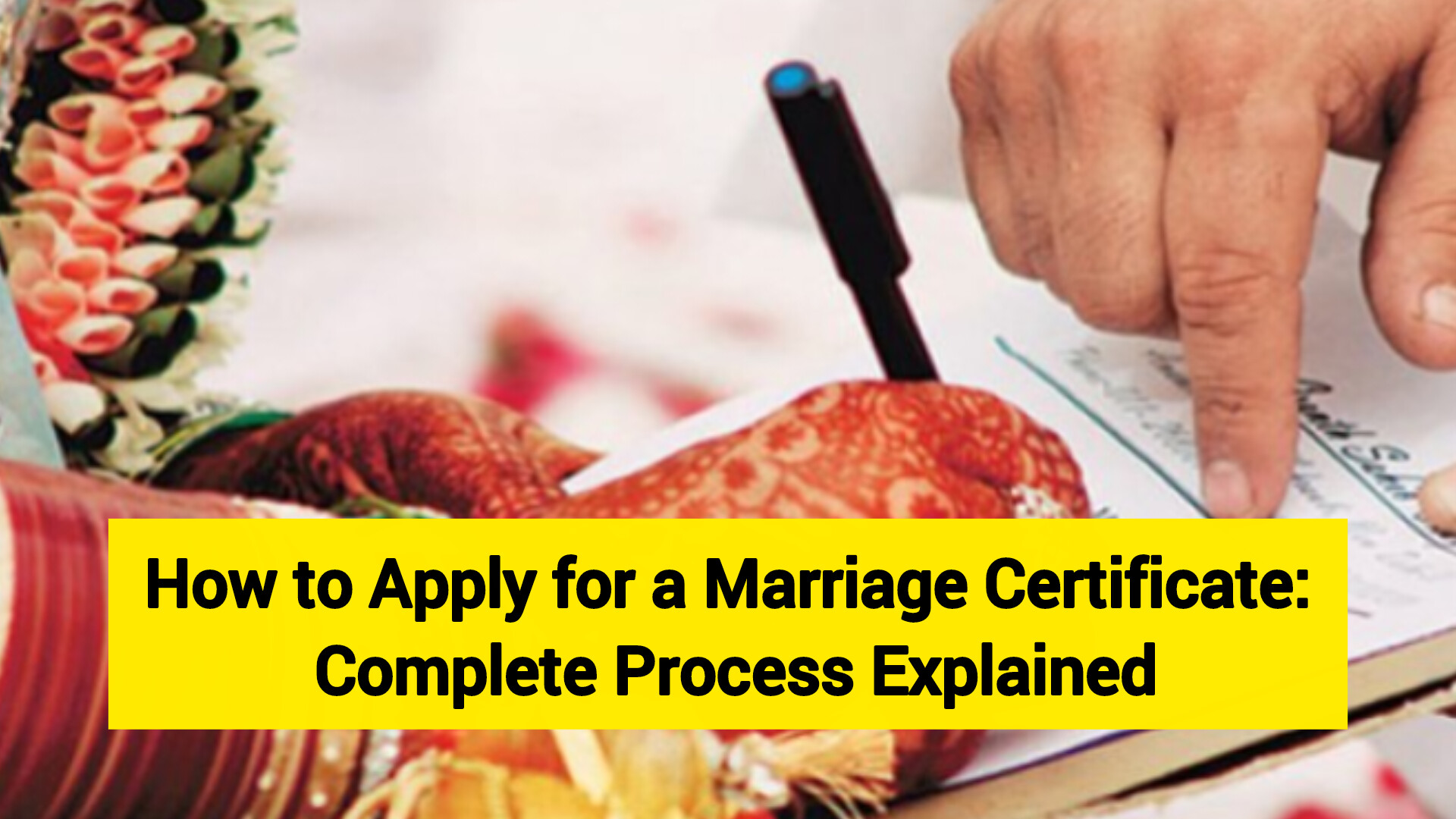
How to Apply for a Marriage Certificate: Complete Process Explained
Key Points
- Applying for a marriage certificate in India involves a clear process, but details may vary by state.
- You can apply online through state government portals or offline at the sub-registrar’s office.
- Required documents include proof of age, identity, address, and marriage details, with fees around Rs. 100–150.
- Both parties and witnesses must attend the registrar’s office for verification.
Applying for a Marriage Certificate
Apply online for Marriage Registration Certificate
To apply for a marriage certificate, start by checking if you meet the eligibility criteria: the groom must be at least 21 years old, and the bride at least 18. You can choose to apply online via your state’s government website (e.g., aaplesarkar.mahaonline.gov.in for Maharashtra) or offline at the local sub-registrar’s office. Gather documents like birth certificates, identity proofs, and marriage invitations, ensuring they are attested by a gazetted officer. Submit the application, pay the fee (around Rs. 100 for Hindu Marriage Act, Rs. 150 for Special Marriage Act), and attend the registrar’s office with witnesses for verification. The certificate is issued after processing, typically within a few days.
Additional Tips
- It’s recommended to register within 3 months of the marriage for smoother processing.
- Check your state’s specific portal for any additional requirements, as processes may vary.
Comprehensive Guide on Applying for a Marriage Certificate
This detailed guide provides a thorough overview of the process for applying for a marriage certificate in India, based on available information from government portals and legal resources. It covers eligibility, required documents, and both online and offline registration processes, ensuring all relevant details are included for a complete understanding.
Introduction
A marriage certificate is a legal document that officially recognizes a marital union, essential for various legal and administrative purposes such as passport applications, visa processing, and bank account updates. The process in India can be conducted under the Hindu Marriage Act, 1955, or the Special Marriage Act, 1954, with slight variations depending on the state. This guide aims to provide a step-by-step approach, acknowledging that specific requirements may differ by jurisdiction.
Eligibility Criteria
To be eligible for marriage registration, the following must be met:
- The groom must be at least 21 years old, and the bride at least 18 years old, as per both the Hindu Marriage Act, 1955, and the Special Marriage Act, 1954.
- There must be no prohibited relationships, as defined by the respective acts.
- If either party is a divorcee, an attested copy of the divorce decree is required. For widows or widowers, a death certificate of the previous spouse is necessary.
Required Documents
The following documents are typically required for marriage registration, and all must be attested by a gazetted officer to ensure validity:
- Application form, jointly signed by both parties.
- Proof of age for both parties, which can include:
- Birth certificate
- Matriculation certificate
- Passport
- Proof of identity, such as Aadhaar Card, PAN Card, or Voter ID.
- Proof of address, such as Ration Card, Aadhaar Card, or electricity bill.
- Marriage invitation card, if the marriage has already been solemnized.
- Two passport-sized photographs of each party, and one photograph of the couple together if applicable.
- Certificate from a religious institution, if the marriage was solemnized there.
- Affidavit stating the date, time, place of marriage, marital status, and nationality.
- For divorcees, an attested copy of the divorce decree.
- For widows/widowers, the death certificate of the previous spouse.
- No Objection Certificate (NOC), if required by the state.
These documents ensure that the registrar can verify the legality and details of the marriage.
Registration Process
The process can be completed online or offline, with details as follows:
Online Registration
- Visit the Official Website: Access your state government’s official portal, such as aaplesarkar.mahaonline.gov.in for Maharashtra, mregigr.gujarat.gov.in for Gujarat, or edistrict.hp.gov.in for Himachal Pradesh.
- Locate the Form: Navigate to the marriage registration or certificate section and find the online application form.
- Fill Personal Details: Enter personal details for both parties, including names, ages, addresses, and contact information.
- Upload Documents: Upload scanned copies of all required documents, ensuring they meet the portal’s specifications.
- Submit the Form: Submit the completed form online, and you will receive an acknowledgment or reference number.
- Schedule Appointment: The marriage registrar will schedule an appointment, typically within 15-30 days for Hindu Marriage Act, 1955, and approximately 60 days for Special Marriage Act, 1954.
- Attend the Office: Both parties must attend the registrar’s office on the scheduled date, bringing all original documents and two witnesses (each witness must have a PAN Card and proof of address).
- Fee Payment: Pay the registration fee online, which is approximately Rs. 100 for Hindu Marriage Act, 1955, and Rs. 150 for Special Marriage Act, 1954.
- Collect Certificate: After verification, the marriage certificate will be issued, either electronically or for collection at the office.
Offline Registration
- For Hindu Marriage Act, 1955:
- Visit the sub-registrar’s office where the marriage was solemnized or where either spouse has resided for at least 6 months.
- Fill the application form manually and get it signed by both parties.
- Submit the form along with all required documents.
- The registrar will verify the documents and schedule an appointment, typically within 15 days.
- Attend the office with witnesses and pay the fee (approximately Rs. 100).
- Collect the certificate after registration.
- For Special Marriage Act, 1954:
- Give a 30-day notice to the sub-registrar where either spouse resides. The notice will be displayed for objections.
- If no objections are raised within 30 days, the marriage can be registered.
- The marriage can be solemnized by the marriage officer without a religious ceremony.
- Attend the office with witnesses, submit documents, and pay the fee (approximately Rs. 150).
- Collect the certificate after registration.
Fee Structure
The fees for marriage registration vary based on the act and state, with the following general guidelines:
- Hindu Marriage Act, 1955: Rs. 100, payable at the district cashier or online.
- Special Marriage Act, 1954: Rs. 150, payable at the district cashier or online.
- Additional fees may apply for late registration or special cases, such as foreign marriages, which can be Rs. 1000 in some states (e.g., Himachal Pradesh).
For example, in Himachal Pradesh, fees are structured as follows:
| Time of Application | Non BPL Fee | BPL/IRDP Fee |
|---|---|---|
| Within 30 days | Rs. 200 | Rs. 25 |
| 30 to 90 days | Rs. 400 | Rs. 50 |
| After 90 days | Rs. 400 | Rs. 50 |
| Foreign Marriage | Rs. 1000 | Rs. 1000 |
This table highlights the variation based on income status and timing, which may apply in other states as well.
Additional Considerations
- Timelines: It is recommended to register the marriage within 3 months of the ceremony to avoid additional scrutiny or fees. Late registration may require additional documentation.
- Witnesses: Two witnesses from each side are required, and each must present a PAN Card and proof of address for verification.
- Verification Process: The registrar will verify all documents and may conduct inquiries to ensure the marriage is valid and meets legal standards.
- State-Specific Variations: While the general process is similar, states may have additional requirements. For instance, Maharashtra offers doorstep services through aaplesarkar.mahaonline.gov.in, while Gujarat uses enagar.gujarat.gov.in for online applications. Always check the state portal for specific instructions.
- Online vs. Offline: Even for online applications, physical attendance at the registrar’s office is often required for final verification and document submission. Ensure digital copies of documents are ready to upload.
- Status Check: You can check the status of your application by sending an SMS with your application ID to 32551, a feature available in many states.
Conclusion
Applying for a marriage certificate in India is a straightforward process with clear steps, but attention to detail is crucial, especially regarding document attestation and timely registration. By following the outlined steps and checking state-specific portals, couples can ensure a smooth registration process. For further assistance, refer to official government websites such as services.india.gov.in for national guidance and state portals for local details.

